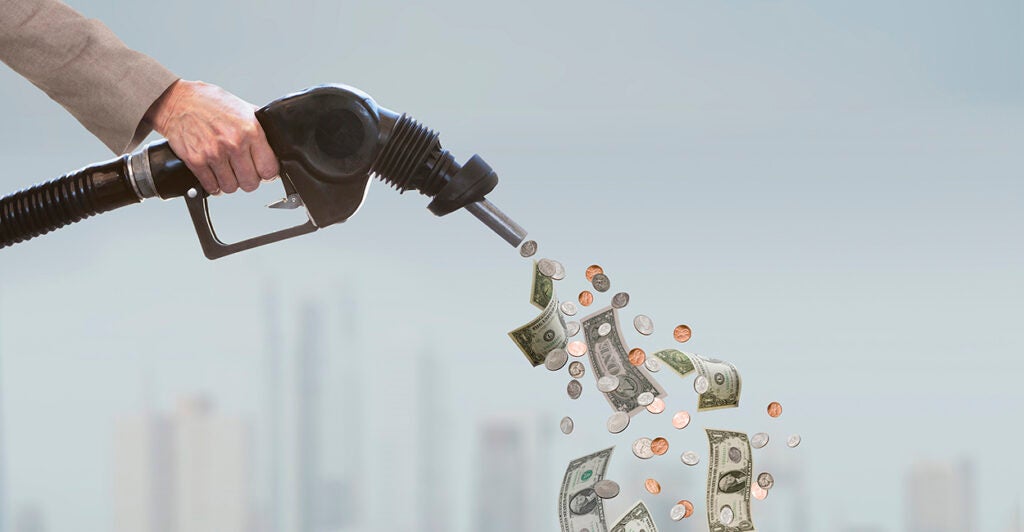Introduction to the ‘What You Need to Know About Gas Prices’ Series
High gas and diesel prices have taken their toll on Americans, and despite Biden administration claims to the contrary, the high prices are not a “Putin Price Hike.” For example, retail prices for regular gasoline already had risen by 48% from the week ending Jan. 25, 2021, (when President Joe Biden took office) to the week ending Feb. 21, 2022, (three days before Russia’s invasion of Ukraine).
The pain at the pump, with record prices over the summer, has rightfully been a major concern for Americans. Therefore, taking a deeper dive into gas prices was the ideal way to start The Center for Energy, Climate, and Environment Briefings. This first series of articles, “What You Need to Know About Gas Prices,” explores many aspects of gas prices—from what goes into the price of a gallon of gas to the ripple effect prices have throughout the economy to recommendations for policymakers to bring prices down.
We hope these articles below provide you with a “one-stop shop” to access analysis from leading experts on this critical issue.
The Series:
Who Gets Hurt From High Gas and Diesel Prices? There’s More Harm Than You Think. By Daren Bakst and Rachael Wolpert, The Heritage Foundation
High gas and diesel prices have sweeping negative economic effects on Americans. Beyond the financial hit at the pump, the economic harm is inflicted in many ways that may not be evident to most—including in the price of food, clothing, and household goods, and the cutting back of things like police services.
Here Are the Factors That Affect Gas Prices by Derrick Morgan, The Heritage Foundation
When gas prices are high, some policymakers will offer up myths, like price gouging, to explain what’s going on. But the reality is quite different. While harmful government barriers that limit supply are often to blame, there are also simple economics at play and challenges that exist across the oil supply chain.
The Wrong Way to Respond to High Gas Prices by Ben Lieberman, the Competitive Enterprise Institute
The federal government’s most sensible response to the high gasoline prices we are experiencing is the exact opposite of what it is currently doing. Instead of gimmicky gas tax holidays and promoting expensive electric vehicles most families can’t afford, it needs to help facilitate increased supply.
How Government Restrictions on Domestic Drilling Drive up Gas Prices by Dan Kish, the Institute for Energy Research
The federal government’s policies on extracting and transporting oil and gas can play a huge role in driving up gas and diesel prices for American families and businesses, and the more power the government seeks to exercise, the more those impacts are felt by all of us.
9 Policy Objectives to Unleash Domestic Oil Production and Help Drive Down Gas Prices by Katie Tubb, The Heritage Foundation
Presidents and politicians who have felt the political heat of high gasoline prices are often quick to say they have no control over prices at the pump. Reality is more complicated, as many factors contribute to the price of gasoline. But several of the most critical factors are absolutely within the control of our leaders in Washington, and there are a number of things they can do to relieve the upward pressure.
